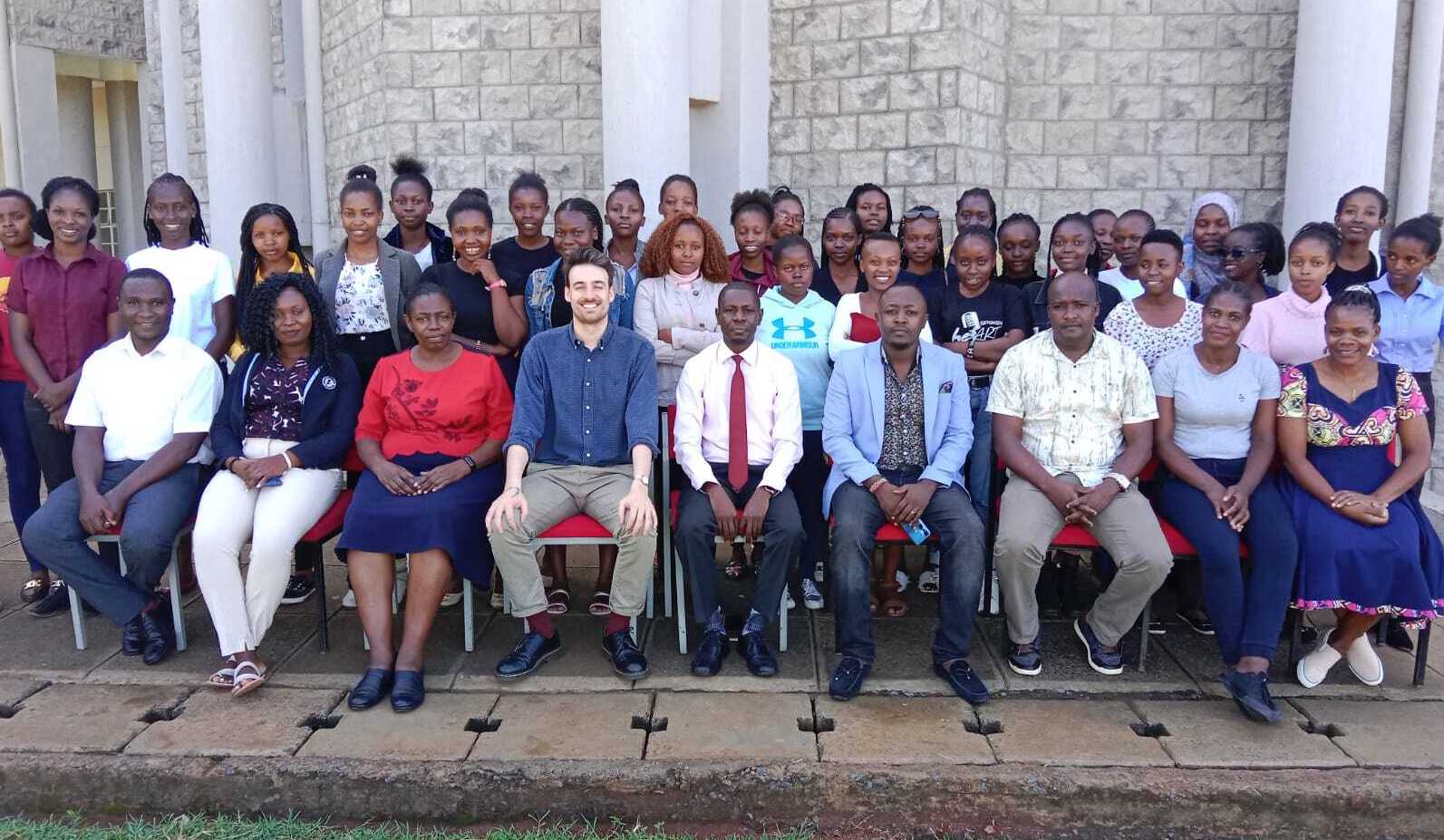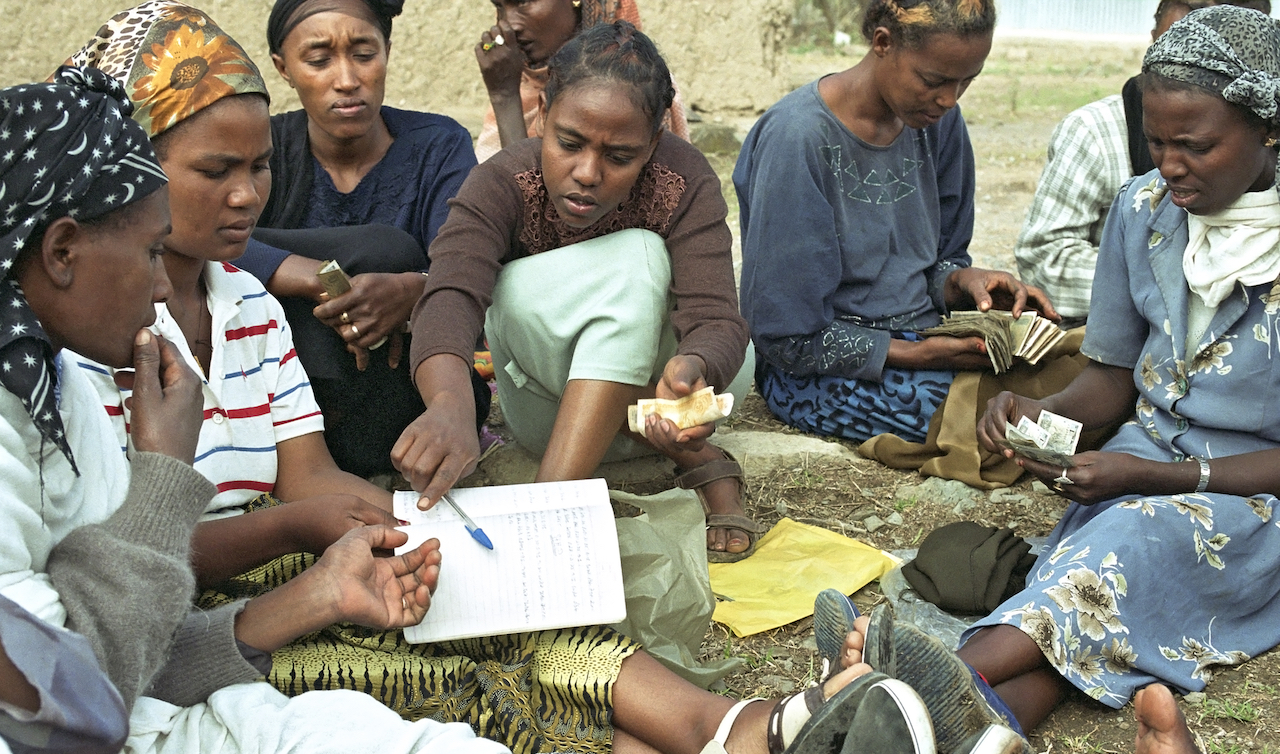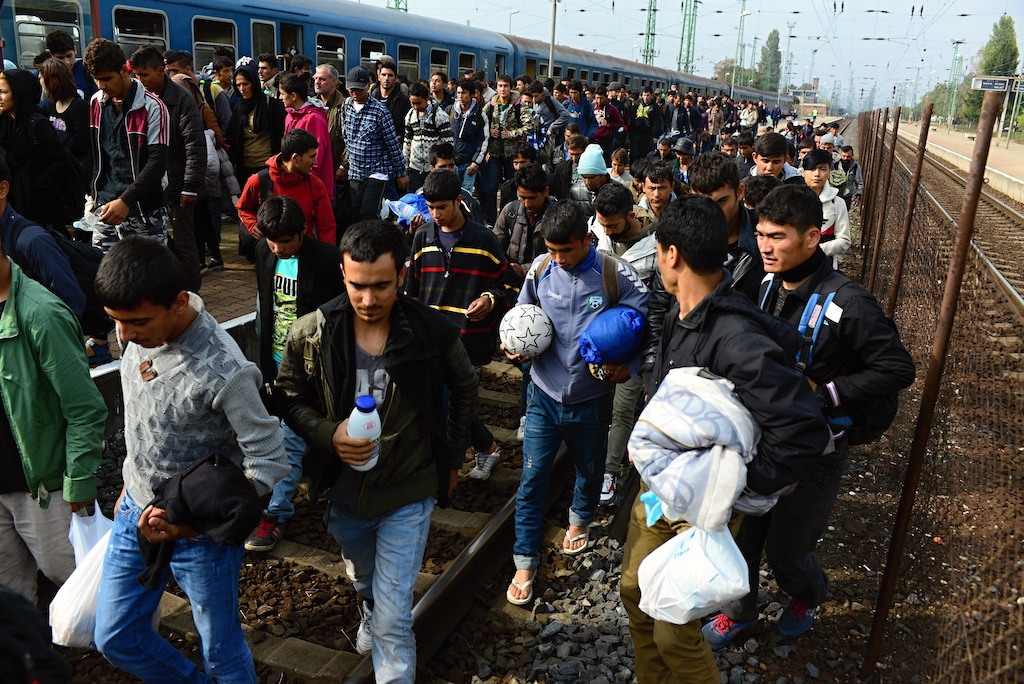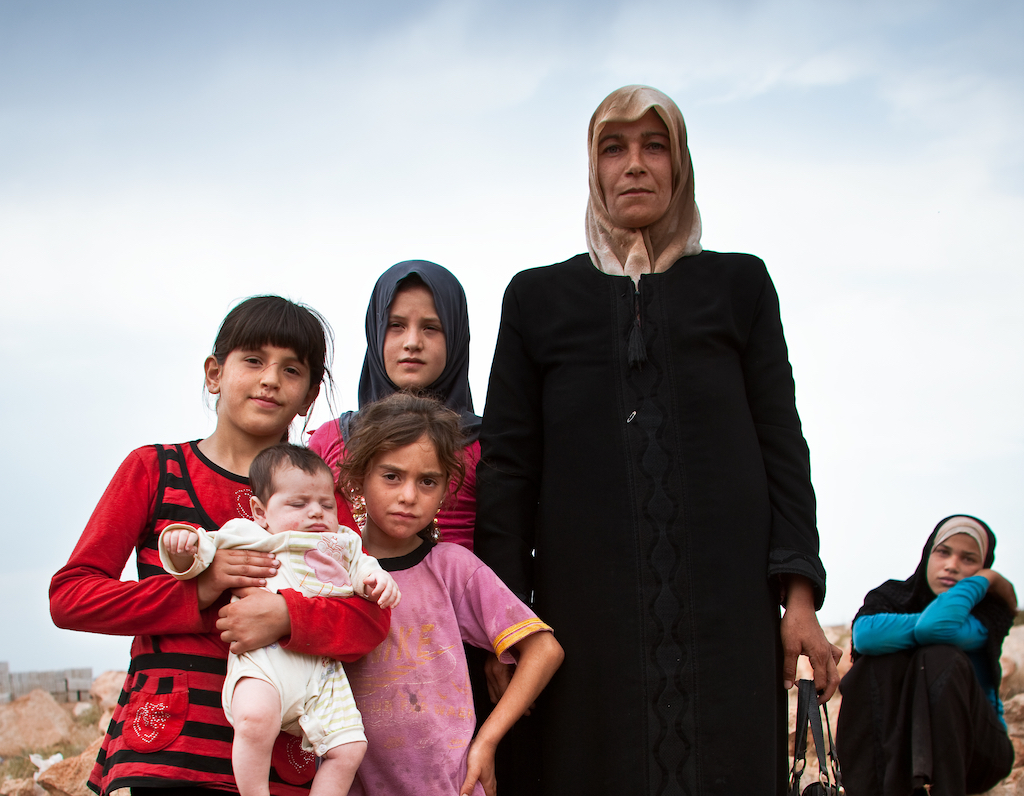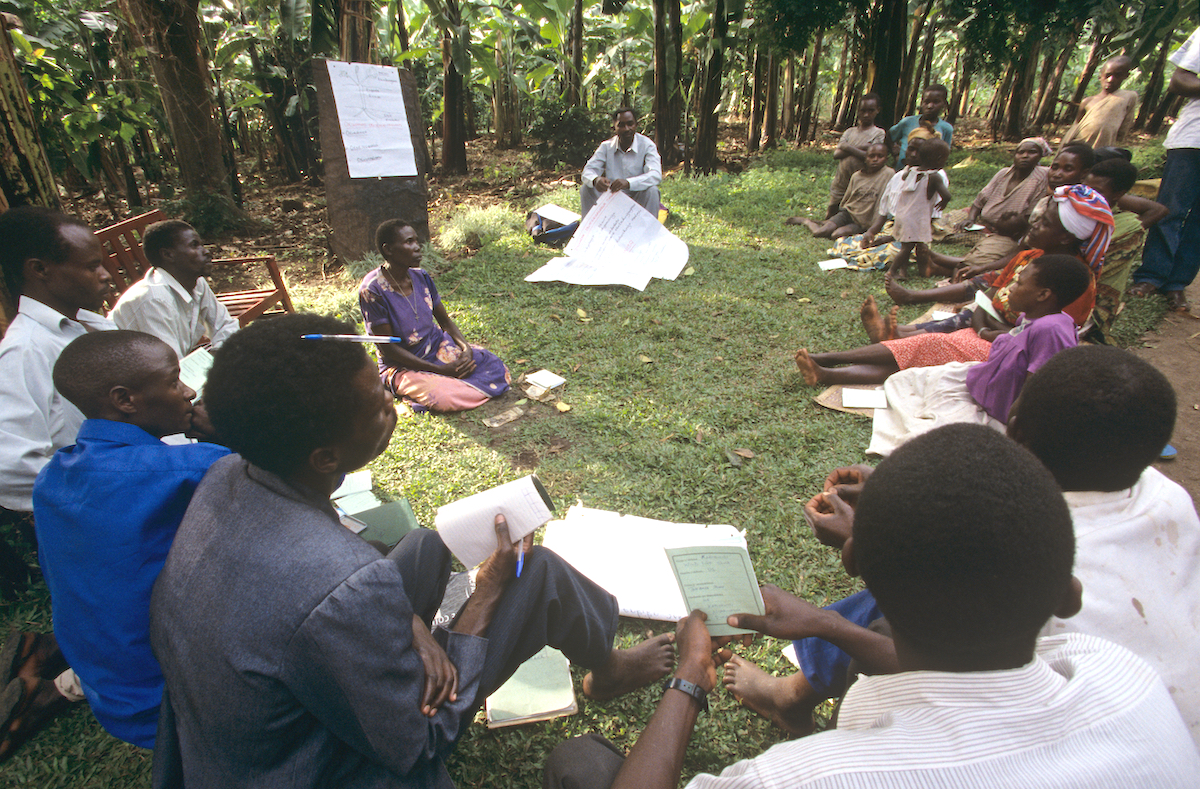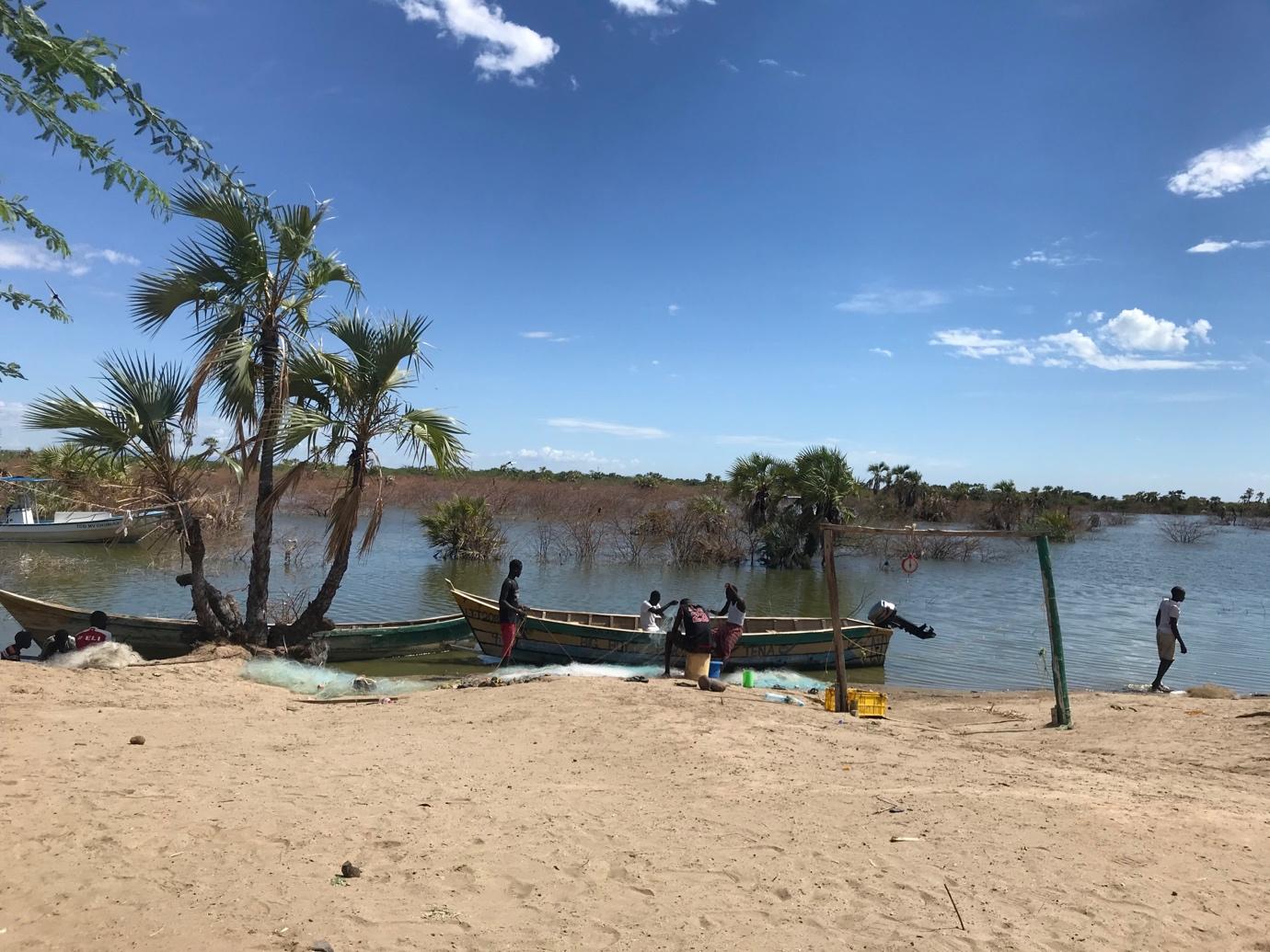Reflections on AidEx 2022
Esther Hodges
3 minute read.
AidEx 2022 - the global humanitarian aid event - was held in Brussels this week. This year it sought to reconcile the humanitarian-development nexus by taking place alongside Development2030, and by “linking short-term relief activities with longer term development programmes” in the words of event director Nicholas Rutherford.
This blog draws together some of the key themes running through the conference.
The sector must shift towards anticipatory action grounded in context analysis
There was a clear acknowledgement that Sustainable Development Goals will likely not be achieved, unless incredibly ambitious course corrections are made. In the face of this, and the multiple intersecting crises which risk making targets even harder to hit, many at the event noted the value of anticipatory action (explained in this handy toolkit from the UN Office for the Coordination of Humanitarian Affairs). A wide body of evidence says that anticipatory action - such as pooled funds to manage risks before they develop into full-blown disasters, thus moving away from the traditional response framework - saves lives and is cost-effective, if done well. But in order for it to be effective, a panellist from the International Rescue Committee reflected that robust context analysis is critical.
Sustainability and climate change
With protracted crises, climate change and the corresponding need to span the humanitarian-development nexus no doubt in mind, many spoke of the importance of sustainability in humanitarian response. Key components of this were considered to be ending silos and competition, and encouraging truly multi-sectoral action by bringing in financing and innovative solutions from the private sector. The consensus was that radical solutions are needed to make a difference to those facing climate and other crises. And that, once again, these solutions need to be grounded in context analysis and local knowledge to be truly meaningful.
Localisation (is lacking local actors)
Localisation is widely acknowledged to be an area within the sector where commitments have been made and not reached. It was certainly a buzzword of the conference with a number of talks and panels focussing on it explicitly and many other speakers across the 12 events I attended raising it. However, the loudest voice of all was the relative silence of local actors themselves, who were largely absent from speaker podiums and exhibition stands. Next year, and in the words of Save the Children Norway’s International Programmes Director Nora Ingdal speaking on a child protection panel, I’d hope to see more local actors platformed “instead of us middle-aged white [people]”. We can’t do ‘localisation’ without the local.
If you’d like to find out how Bodhi works according to localisation principles through feminist research methodologies, and what we can offer on context analysis to support anticipatory action and sustainable development, get in touch at Info@BodhiGlobalAnalysis.com.


